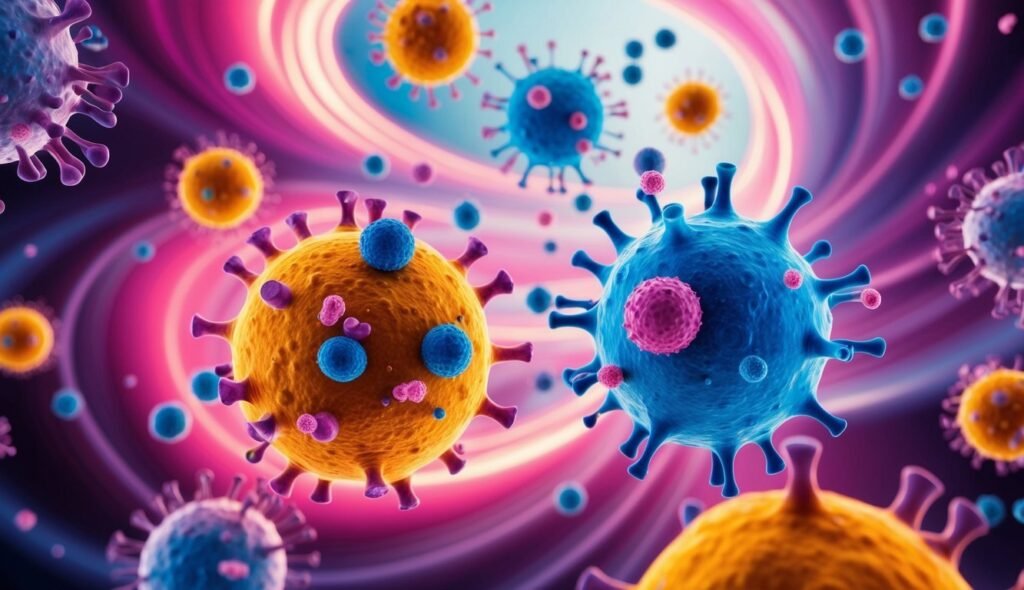A groundbreaking clinical trial at the Dana-Farber Cancer Institute has revealed exciting developments in the use of personalized cancer vaccines for patients battling stage III or IV clear cell renal cell carcinoma, a specific type of kidney cancer.
In this trial, all nine participants exhibited a strong immune response to their cancer after receiving the vaccine following surgical treatment.
The vaccine’s main aim was to bolster the immune system’s ability to identify and obliterate any remaining tumor cells, and the results are compelling: after a median follow-up of 34.7 months, every patient remained cancer-free.
Overview of the Trial
The results from this phase 1 trial have been documented in the journal Nature. Dr. Toni Choueiri, who co-led the study, shared his enthusiasm about the consistent immune responses seen across all participants.
This significant research effort was a collaborative endeavor, with vital contributions from the NeoVax team, as well as researchers from the Broad Institute of MIT and Harvard and the Lank Center for Genitourinary Cancer at Dana-Farber.
Personalized Cancer Vaccination Approach
In traditional treatment protocols for advanced kidney cancer, the process usually begins with tumor removal, followed by immunotherapy, such as treatment with pembrolizumab.
Unfortunately, even after these interventions, up to two-thirds of patients may face cancer recurrence. Dr. Choueiri highlighted the clear necessity for more effective treatment options to reduce this risk.
To address this challenge, researchers are exploring novel approaches that incorporate Wilms tumor genetic insights to better understand tumor behavior and resistance mechanisms.
By leveraging these insights, scientists hope to develop more targeted therapies that improve long-term outcomes for patients.
This emerging research could pave the way for personalized treatment strategies that significantly lower recurrence rates in advanced kidney cancer.
The trial embraced a personalized strategy for cancer vaccination.
Researchers examined tumor samples obtained during surgery and pinpointed distinctive molecular markers called neoantigens within the cancerous tissue.
These neoantigens were then utilized in crafting a tailor-made vaccine through advanced predictive models, aimed at maximizing the likelihood of triggering a robust immune response.
Participants followed a vaccination schedule that included initial doses and two booster shots.
Safety and Future Directions
One of the standout features of this innovative approach is its precision.
By targeting specific proteins associated with cancer while sparing healthy cells, the vaccine fosters a focused immune reaction.
Preliminary findings suggest that the vaccine could stimulate an immune response within just three weeks.
Notably, vaccine-induced T cells persisted for almost three years.
While most participants experienced only mild side effects, the trial reported no severe adverse reactions.
These early results hint that personalized neoantigen vaccines could present a promising treatment avenue for kidney cancer.
However, further extensive studies are necessary to fully assess their clinical effectiveness.
Currently, an international randomized trial is underway, investigating the vaccine’s effectiveness in conjunction with pembrolizumab, with Dr. Choueiri acting as co-chair of the Scientific Advisory Committee overseeing this important research.
Source: ScienceDaily

